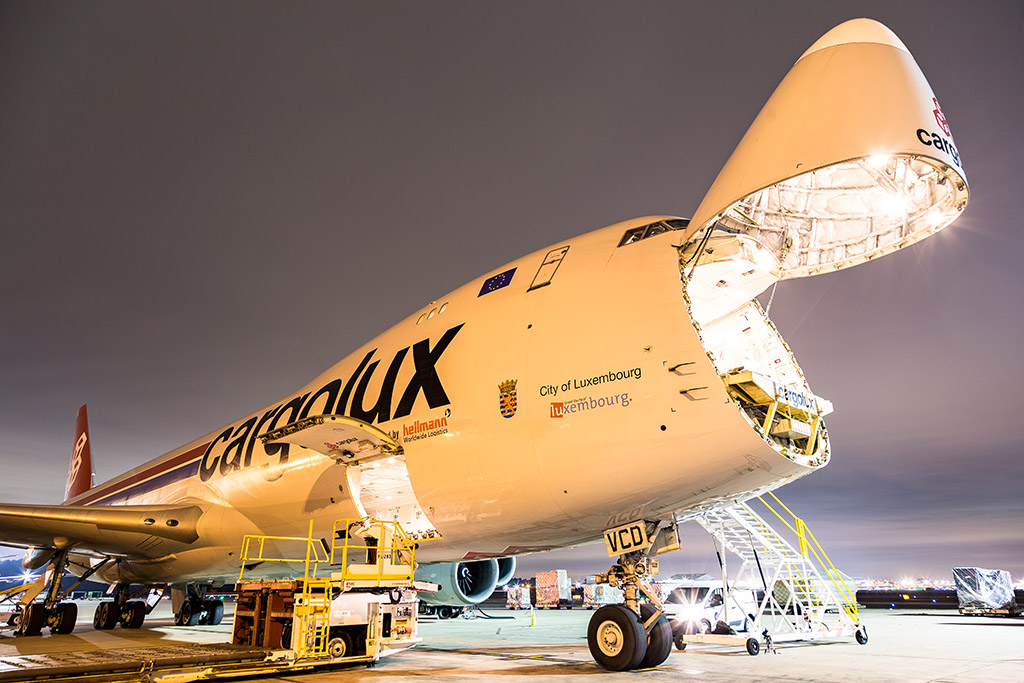Cargolux renews IOSA certification
23 / 10 / 2019

Boeing 747 freighter operator Cargolux Airlines International has passed its seventh IATA Operational Safety Audit (IOSA) audit.
The IOSA programme assesses the operational management and control systems of an airline. As a member of IATA, Cargolux is required to pass an initial IOSA audit and then subsequent renewal audits every two years.
During the latest week-long audit renewal process, five IOSA representatives assessed Cargolux against approximately 900 different standards, a statement from the Luxembourg-based airline noted.
Joeri Meeûs, director quality & compliance monitoring at Cargolux, declared: “This fantastic result is the reflection of Cargolux’s commitment to high standards, and the efforts invested by the teams to continuously monitor and enhance procedures.”
Meeûs explained: “After years of mobilising teams and preparing the audits ahead of time, we have decided to adopt a smoother and more seamless approach.
“Since the last assessment, we have worked hard to integrate IOSA requirements into our daily processes to facilitate the audits, and ensure best practices are upheld throughout the year.”
Cargolux currently operates a fleet of 14 B747-8 freighters and 16 B747-400 freighters.
Cargolux president and chief executive Richard Forson earlier this year told ACN that the carrier is currently going through an interesting period: on one hand, it enjoyed record profits last year, but on the other, 2019 is shaping up to be a tough year for the whole industry.
The airline also has some long-term decisions to make as Boeing continues to wind down production of the Boeing 747 freighter that makes up Cargolux’s entire fleet.
And, as regards the market in which the all-cargo carrier is currently operating: “In our business plan for the year we had foreseen a reduction in yields.
“In terms of volumes, we expect them to be slightly lower this year and possibly into next year.
“Some people may say I am too pessimistic, but we have had two good years. Unfortunately our industry is very cyclical and volatile, and at this point in time there is so much uncertainty regarding future trade flows,” he added.














